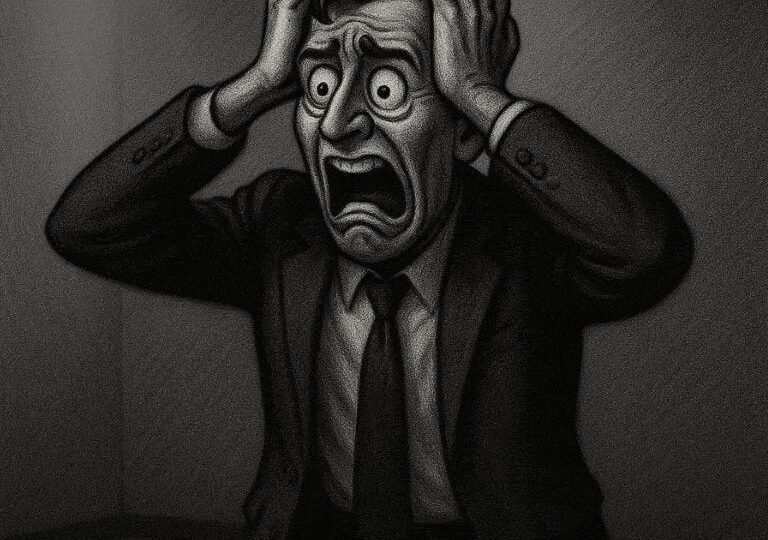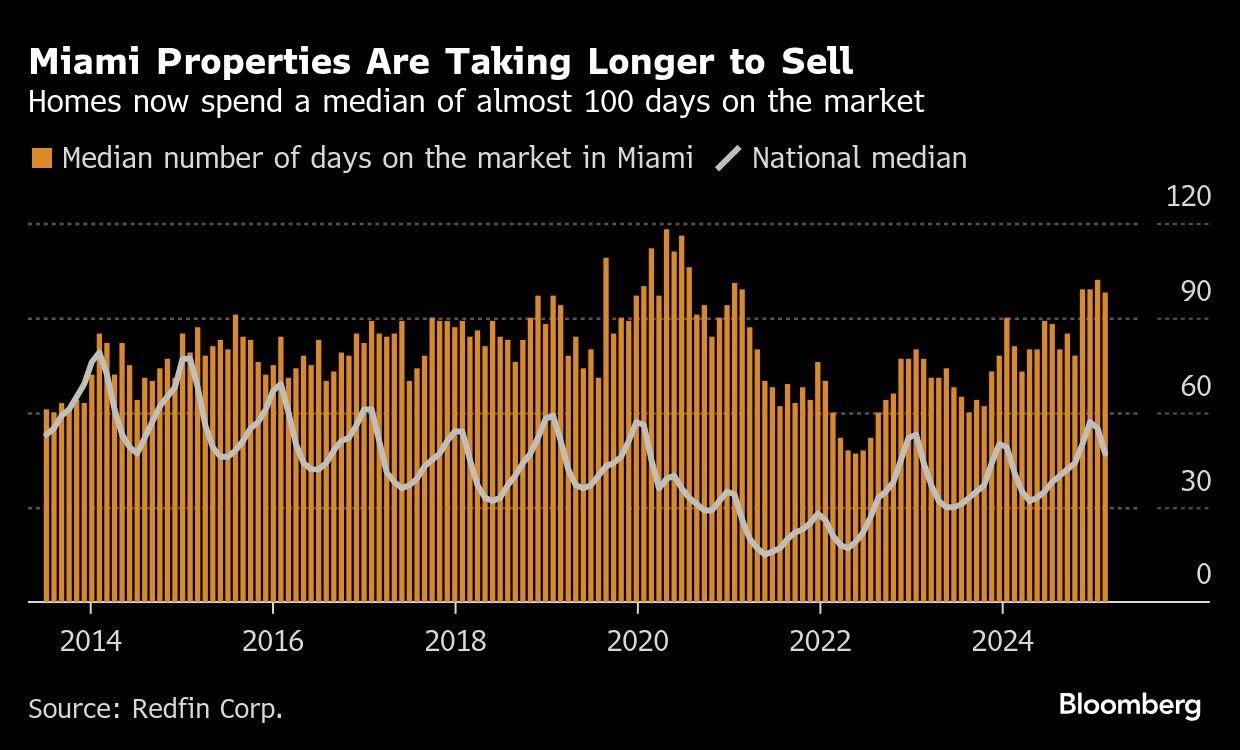
When I worked in the executive suite at Cigna, we had a term for the most sensitive prep material we gave our CEO before annual shareholder meetings: the Rude Questions Binder. It was a tightly managed compilation of answers to every possible uncomfortable question an investor might ask—from executive compensation and negative press about the company to lawsuits and profit-threatening legislation. The one thing it didn’t dwell on? The ability of people enrolled in our health plans to get the care they needed. We didn’t expect shareholders would ask about such people’s well-being, and we were right.
So when I saw that a PR staffer had inadvertently sent UnitedHealth Group’s version of that document to a reporter at STAT, I felt a chill.
Because I know what it means when one of these internal briefings gets out. And I know how bad things must be inside the largest and most powerful health care corporation in America if the list of “rude questions” is not only exceedingly long but also accidentally emailed to the press. That kind of mistake, in my day, would’ve gotten somebody fired. But it also confirms what I suspect is happening at UnitedHealth right now: As the company remains in turmoil, its leaders and lackeys alike are losing sleep.
I’ve seen what that looks like firsthand: executives and staffers hunched under the harsh glare of fluorescent lights at all hours, surrounded by drafts of talking points, risk matrices, and press call statements — desperately rehearsing their carefully crafted spin.
According to STAT’s reporting, the 18-page document—stamped “privileged and confidential” — was intended to prepare UnitedHealth’s leadership, especially newly reinstalled CEO Stephen Hemsley, for tough questions ahead of this week’s annual meeting of shareholders. The leak revealed just how rattled the company must be following months of federal investigations, lawsuits, and an unprecedented leadership shakeup, including the resignation of CEO Andrew Witty and the murder of another top executive last December.
The document reveals how UnitedHealth’s legal, PR and investor relations teams scripted Hemsley and other execs to talk about issues that shareholders might ask about, including the enormous amount of money the board threw at Hemsley to get him to take the top job again as well as other things like the unrelentingly bad press over care denials, huge and sudden hikes in deductibles for life-saving medications, and its aggressive Medicare Advantage coding practices.
The company even coached its execs on how to respond if questioned about STAT’s and the Wall Street Journal’s investigations into AI-driven care denials and Medicare risk-score manipulations. The central message to convey at every opportunity? Everything is under control. The problem is perception. The “noisy minority.” The media’s “flawed analysis.”
Meanwhile, nearly 40% of shareholders voted against the company’s executive pay plan — a striking show of dissatisfaction, especially considering only 4% did so last year.
Reading UnitedHealth’s talking points brought me right back to those prep sessions I once helped lead. As someone who used to write binders full of spin, I can tell you that these documents are less about being candid and straightforward and more about protecting the CEO’s reputation and compensation, helping him get through a high-profile public meeting without saying anything that would trigger another stock slide or Congressional subpoena.
UnitedHealth’s board gave Hemsley a $60 million stock package to get him to take the top job again and hang in there for three years. The company’s PR people knew they’d need to be their most creative and persuasive to justify that kind of money. What they wrote for Tim Flynn, chair of UnitedHealth’s compensation committee, was akin to what I used to say when I was asked to justify the tens of millions of dollars Cigna’s CEO was paid every year.
I would stress that the vast majority of his pay was “at risk,” meaning he would only get the big bucks if his leadership enabled the company to achieve financial metrics designed to reward shareholders. Metrics to “enhance shareholder value” are always the ones that matter. That’s because the shareholder is a New York Stock Exchange company’s most important stakeholder. Sure enough, Flynn said the company’s board and compensation committee “strongly believes Mr. Hemsley’s package is aligned with UHC’s history of strong pay for performance, aligned to shareholder interest, and the best way to incentivize him to stay for the three-year period.” (Emphasis added.)
Hemsley will be under the gun to stabilize the stock price and get it going up again – and fast – and create the perception of a company that has its act together. When a publicly traded corporation misses profit expectations or comes under legal and regulatory scrutiny, as UnitedHealth has with its Medicare Advantage billing practices, leadership starts scrambling. Not so much to improve access to care as to improve perception.
This is the clearest insight yet into how the C-suite at companies like UnitedHealth really operates. You won’t see much in the 18-page document to indicate executives care as much about patient health outcomes as about making investors happy (and richer). It’s about trying to reassure Wall Street, pushing back against bad press, and justifying a compensation scheme that rewards executives when the stock rebounds, no matter how it happens.
We are watching the largest private player in American health care — responsible for insuring tens of millions of people and managing massive taxpayer-funded programs — flounder under the weight of its own complexity and profit-driven incentives. This isn’t just an epic PR nightmare; it’s a warning about what becomes inevitable when a health care system is driven by Wall Street greed.
UnitedHealth owns the insurance company (UnitedHealthcare), physician practices (90,000 doctors through Optum at last count), an enormous PBM, claims processing operations, and more. And when it gets into trouble—be it from the DOJ, the FTC, shareholders, or investigative reporters — the instincts of the lawyers and flacks isn’t to reflect or reform. It’s to close ranks and double down on messaging.
From my time in the industry, I can tell you: When an organization this big is this rattled, it means the pressure is taking a toll. Regulators, investors, and journalists are finally asking the hard questions, and this accidental leak proves UnitedHealth is more worried than it lets on.
It also proves that something way more important than Stephen Hemsley’s paycheck is at risk. It’s the health and well-being of the rest of us.
RELATED POSTS
View all





